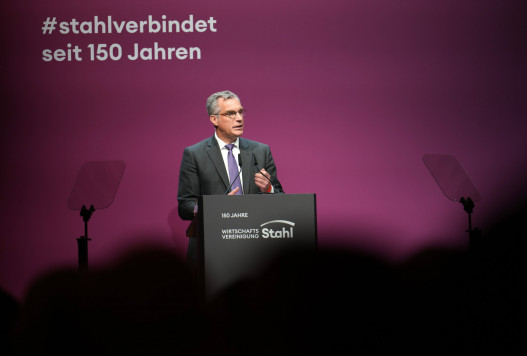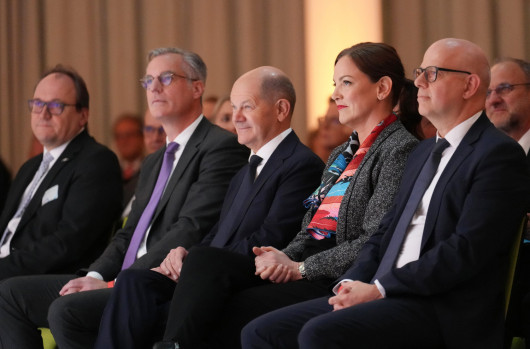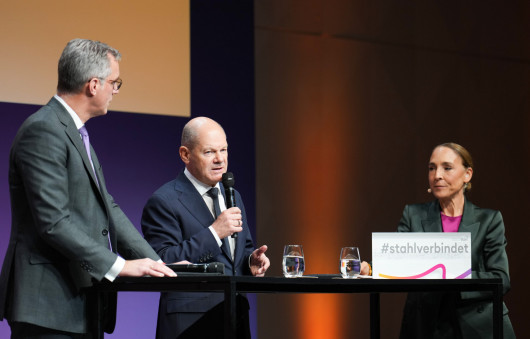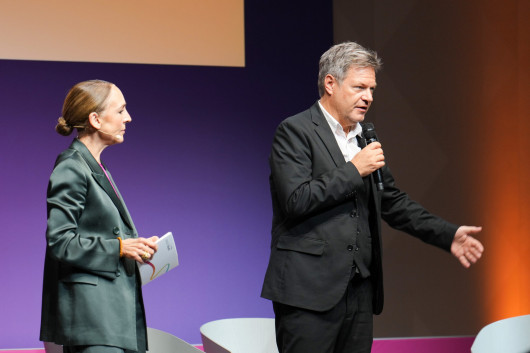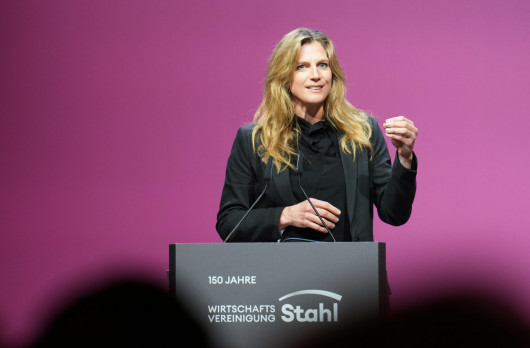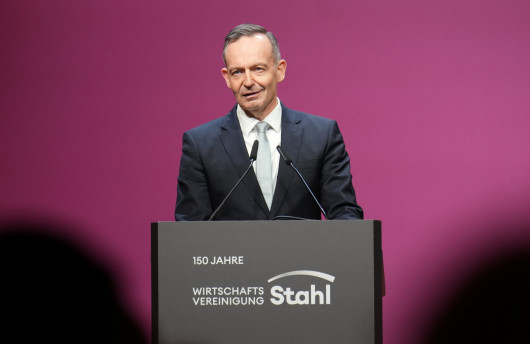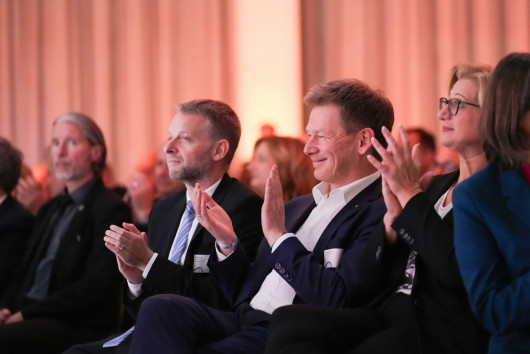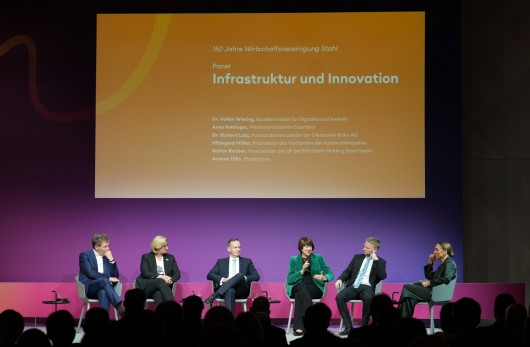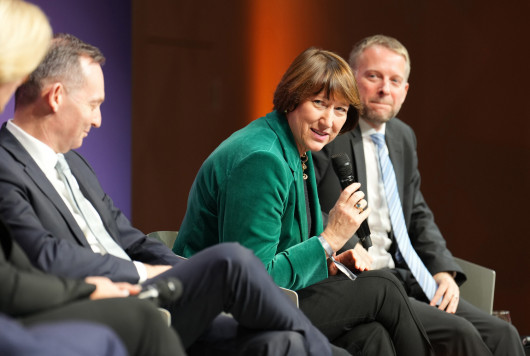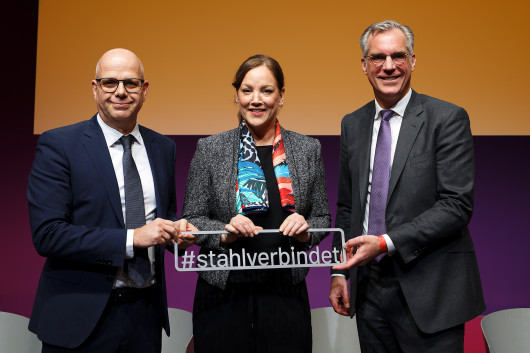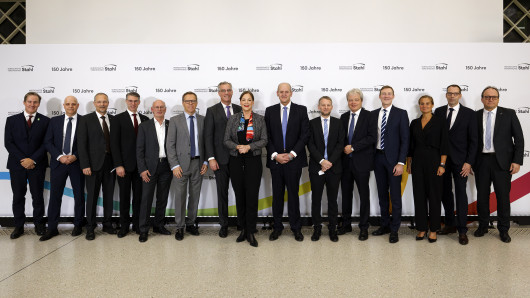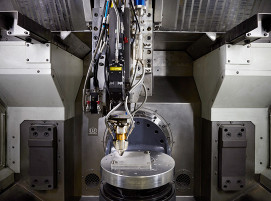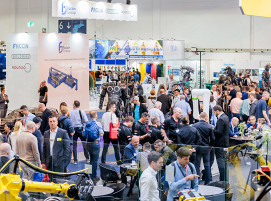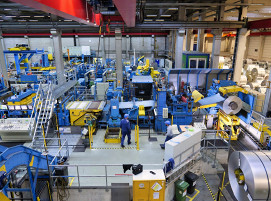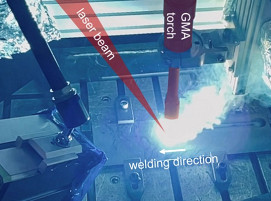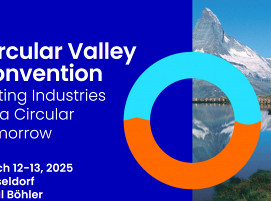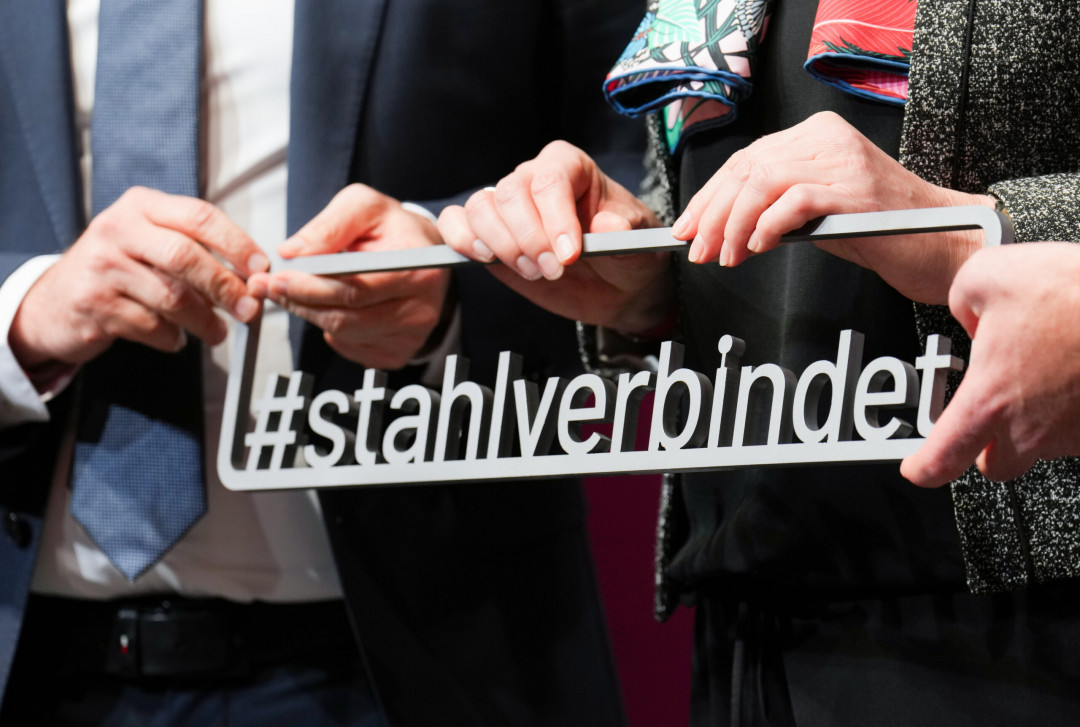
Steel Connects – 150 Years German Steel Federation
Last week, 300 distinguished guests from politics, business, science, media and society gathered at Berlin's Futurium to celebrate the 150th anniversary of the German Steel Federation (Wirtschaftsvereinigung Stahl). Among the honored attendees were Federal Chancellor Olaf Scholz, Federal Minister for Economic Affairs Dr. Robert Habeck, Federal Minister for Transport Dr. Volker Wissing, Saarland's Minister-President Anke Rehlinger and Julia Klöckner, the CDU/CSU Parliamentary Group’s spokesperson on economic policy in the German Bundestag.
"Our 150th anniversary is an opportunity to draw strength from the past to confront the significant challenges of today and look towards the future," emphasized Gunnar Groebler, President of the German Steel Federation. "The steel industry has been a key driver of industrial development in our country. Even during these challenging times in Germany, we aim to stay the course and successfully shape the transformation. Especially in times of crisis like these, we must be aware of our responsibility – for a climate-neutral future, for Germany as an industrial hub and for the people whom steel has empowered and advanced for generations."
The founding of the German Steel Federation in Berlin in 1874, originally named the "Association of German Iron and Steel Manufacturers," marked the beginning of a success story. "Steel has always been the foundation of industrial development – then and now. From industrialization and post-war reconstruction to European integration, the steel industry has played a central role," Groebler highlighted in his keynote speech.
Despite immense current challenges – including uncompetitive energy prices, a shifting geopolitical and trade environment and economic crises – the steel industry sees itself as a driving force of change. "We are in the midst of the greatest transformation in our history: transitioning to climate-neutral production. As an industry, we are collectively making enormous efforts to significantly reduce not only our own carbon footprint but also that of our client industries, such as automotive, railways, mechanical engineering and energy. To achieve this, we need not only competitively priced green electricity but also political frameworks that offer reliability and predictability," the president stressed.
"The challenges facing Germany and Europe can only be overcome if actors in politics, business and society act together and responsibly now. The transformation of the steel industry toward climate neutrality is not just an obligation but also an opportunity. We are creating the future – with a material that has endured for 150 years and will remain indispensable in the years to come," Groebler concluded.
(Source: German Steel Federation Press Release)


